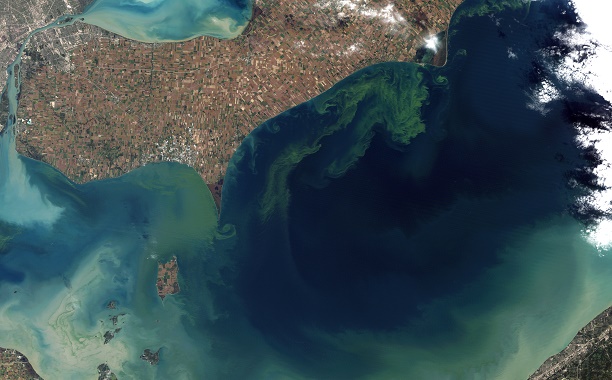Researchers have found dead zones — areas low in both oxygen and salinity — in the Atlantic ocean off the coast of Africa, potentially leading to the mass killing of sea life.
Lead researcher Johannes Karstensen, of Germany’s GEOMAR Helmholtz Centr for Ocean Research Kiel, along with several other scientists have studied this part of the worlds oceans for over a decade. Every few years, the researchers retrieve and check their instrumentation.
Karstensen told Weather.com back in 2010, that “the typically high oxygen was very low” when they recovered their instruments.
In 2010, when we recovered our instruments, we all of the sudden saw that the typically high oxygen was very low, nearly absent (…) That really was remarkable for us. First we thought there was a problem with the censor, but we have another instrument a little deeper, about 100 meters, and that also recorded much lower values typically found in that range.
In a report by Nature World News, dead zones are most common near inhabited coastlines where rivers often carry fertilizers and other chemical nutrients into the ocean, triggering algae blooms. The process of bacteria decomposing the dying algae uses up the surrounding oxygen.
Scientists know that ocean currents are able to carry these low-oxygen waters away from the coast, but this study is the first to find a dead zone forming in the open ocean. The newly discovered dead zones are unique in that they form within eddies, large masses of water spinning in a whirlpool pattern.
Karstensen warns that the study, published in Biogeosciences, suggests that the dead zone has the potential to move westward and hit the islands at some point, which “could cause the coast to be flooded with low-oxygen water.”
The researchers plan to continue their study of specific eddies in order to better determine how these dead zones form.
In another story, concerning our worlds oceans, here at Immortal News Hong Kongs deadly red tide glows blue with marine pollution.
























